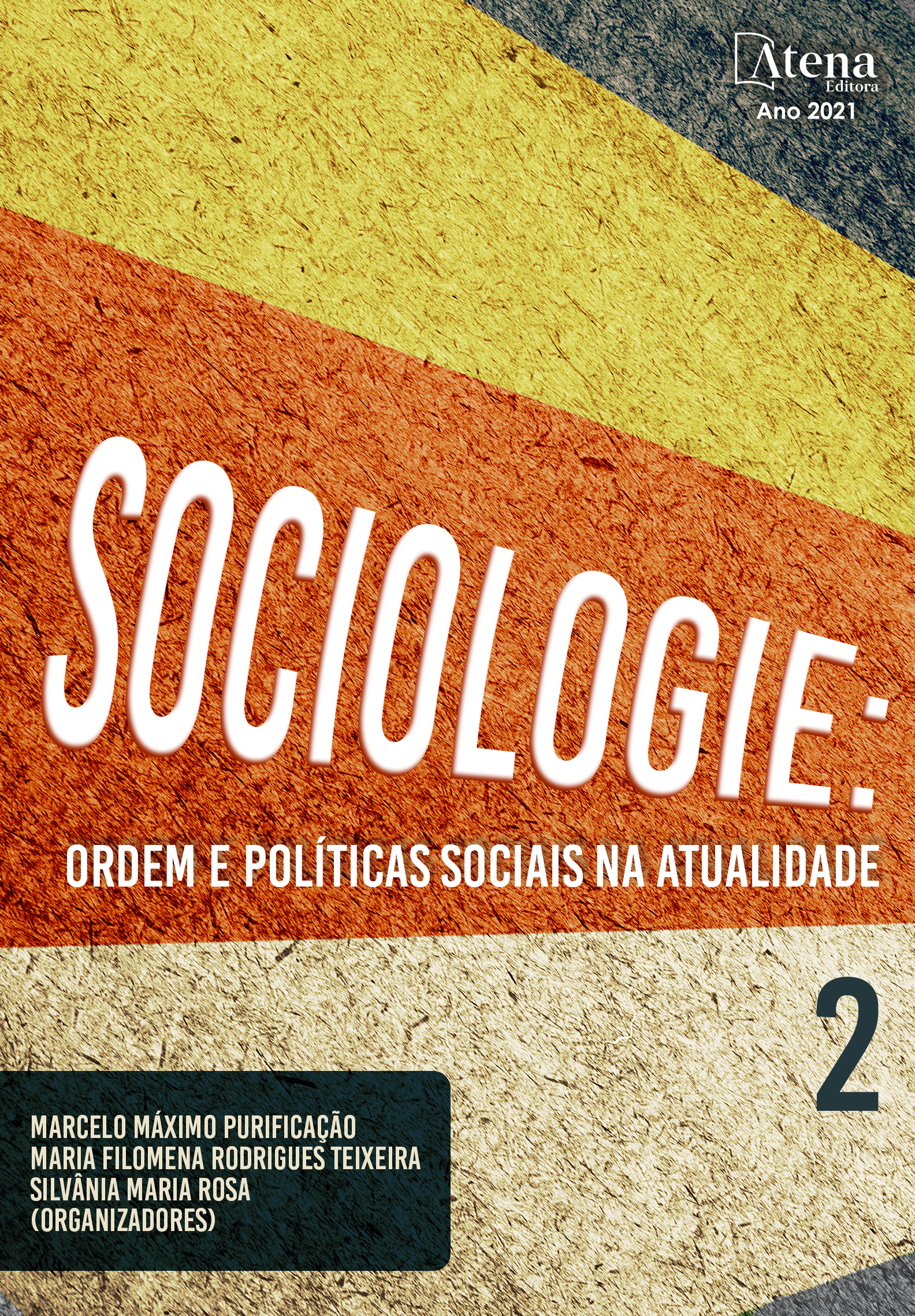
Traditional knowledge about territory and Environmental Education practices at the interface of Rural Education in indigenous communities in Northern Roraima
O presente estudo é fruto do Programa de Extensão “Saberes indígenas e camponeses na escola: diálogo interdisciplinar entre professores e estudantes na formação docente”, e busca analisar como os professores que atuam em comunidades, bem como no contexto rural, conduzem o ensino de Ciências, associando a questão ambiental ao paradigma do desenvolvimento sustentável. A pesquisa também focaliza as representações de território e natureza nas comunidades indígenas Caju e Willimon, localizadas no Município de Uiramutã, ao Norte do Estado de Roraima. Tais comunidades são habitadas pelas etnias indígenas Macuxi, Ingarikó e Patamona, que são dependentes dos recursos naturais para sua subsistência material e cultural. Nessa lógica, a região do Uiramutã guarda riqueza natural na paisagem e no modo de vida dos povos indígenas. Consequentemente, este trabalho problematizará a Educação Ambiental na interface da Educação do Campo. Para isso, suas reflexões objetivam um diálogo da Educação Ambiental com a Educação do Campo, destacando possibilidades de avanços no paradigma da Educação Ambiental dentro da proposta de Educação do Campo. Nessa perspectiva, esse estudo refere-se a uma pesquisa qualitativa, com enfoque interdisciplinar, para a qual foram utilizados os saberes locais e observação direta para realização de mapeamento do território indígena como espaço que representa o contexto rural. Assim, é pertinente o discurso de que os indígenas ao serem incluídos e instruídos formalmente sobre as questões ambientais, constroem e ressignificam o conhecimento. Dessa maneira, os registros fotográficos foram feitos com a intenção de levantar dados para a compreensão das relações culturais próprias das etnias com o ambiente natural, processos sociais, econômicos e práticas de Educação Ambiental nas comunidades indígenas.
Traditional knowledge about territory and Environmental Education practices at the interface of Rural Education in indigenous communities in Northern Roraima
-
DOI: 10.22533/at.ed.8022129118
-
Palavras-chave: Saberes indígenas, Educação Ambiental e Educação do Campo, Roraima
-
Keywords: Indigenous knowledge, Environmental Education, Field Education
-
Abstract:
The present research is fruit of the Extension Program ''Indigenous and peasantry knowledge at school: interdisciplinary dialogue between teachers and students in educational formation", and it searches to analyze how teachers that act in communities, as well as those in rural areas, conduct the teaching of sciences, also associating the environmental matter to the paradigm of sustainable development. The research also focuses the representations of territory and nature at the indigenous communities of Caju and Willimon, located in the town of Uiramutã, to the north of the estate of Roraima. Such communities are inhabited by the indigenous ethnicities Macuxi, Ingarikó and Patamona, which are dependent of the natural resources for their material and cultural subsistence. In that sense, the Uiramutã region holds many natural riches in its landscapes and in indigenous ways of life. Consequently, this work will problematize the Environmental Education in the interface of Field Education. For this, it's reflections seek a dialogue between Environmental Education and Field Education, highlighting the possibilities of progress on the Environmetal Education insite the proposition of Field Education. In this perspective, this study refeers to a qualitative research, with intedisciplinar focus, for which were utilized local knowledge and direct observation for the realization of the mapping of the indigenous territory as an espace that represent the rural context. This way, relevating the discuss that indigenous people, as they are formally included and instructed about environmental matters, build and give meaning to knowledge. This way, the photographic registers were made with the intention to raise data for the comprehention of the cultural relations of the own ethinicities with the natural environment, social processes, economical and practices of Environmental Education in indigenous communities.
-
Número de páginas: 18
- Alessandra Rufino Santos
- Franzmiller Almeida Nascimento
- Marília Pereira da Silv
- Vicente José de Souza
- Arlene Oliveira Souza


